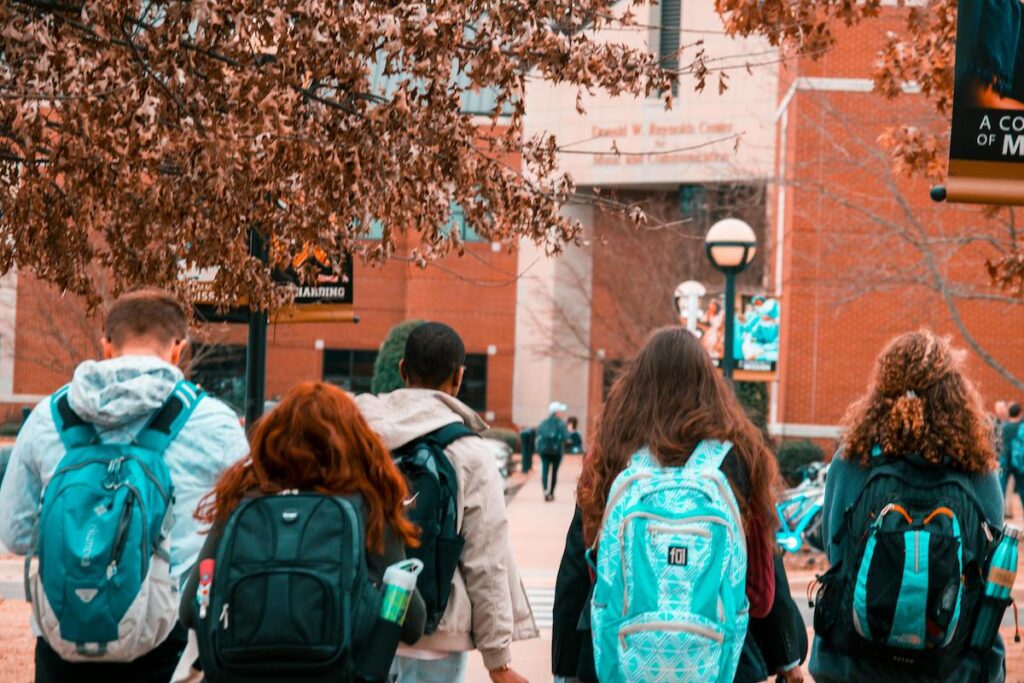A Growing Concern on College Campuses
College is a time of exploration, independence, and transition. It’s also a period when young adults face intense pressure academically, socially, and emotionally. For many students, this stage of life brings increased exposure to drugs and alcohol. While some experimentation may seem harmless, it can quickly escalate into substance abuse or full-blown addiction.
In Columbia, SC, where multiple universities contribute to a large student population, addiction risks are a growing concern. Understanding what drives substance use in college, how to recognize warning signs, and where to find help can make a significant difference in a student’s life. This blog explores the unique challenges college students face with addiction and how recovery is possible with the right support.
Why College Students Are at Risk
Several factors make college students particularly vulnerable to substance misuse. The transition from home to campus life can be overwhelming. Students are adjusting to new environments, academic demands, and the responsibility of making their own choices for the first time.
Peer pressure plays a major role. Parties, social gatherings, and the desire to fit in often lead students to experiment with alcohol, marijuana, stimulants, or prescription drugs. Some use substances to manage stress, improve focus, or deal with anxiety and depression. Over time, this casual use can turn into dependence.
Access is another issue. College campuses are often hotbeds for recreational drug use, and students may not fully understand the long-term consequences of what begins as social experimentation.
Common Substances Abused by College Students
While substance use varies among students, certain drugs are more commonly misused on college campuses:
- Alcohol: Still the most widely used substance among college students. Binge drinking is a particular concern, often leading to blackouts, risky behavior, and alcohol poisoning.
- Stimulants: Medications like Adderall and Ritalin are misused by students trying to stay awake or improve academic performance.
- Marijuana: Seen as relatively safe by many students, but frequent use can lead to dependence and impair cognitive function.
- Benzodiazepines and Sleep Aids: Used to cope with stress or insomnia but carry a high risk of addiction when used outside of medical supervision.
- Party Drugs: Ecstasy (MDMA), LSD, and ketamine are used at parties and concerts. These substances alter perception and can cause lasting mental health effects.
The Mental Health Connection
Mental health struggles are common among college students, and they often go untreated. Anxiety, depression, and trauma can make students more susceptible to substance abuse. Some turn to drugs or alcohol to numb emotional pain, while others use them to boost confidence in social situations.
Unfortunately, substance use only provides temporary relief. Over time, it exacerbates underlying mental health issues. Students may experience worsening anxiety, mood swings, or episodes of paranoia. The connection between mental health and substance use is why dual diagnosis treatment is crucial for effective recovery.
Recognizing the Warning Signs
It’s not always easy to tell when a student is struggling with addiction. The signs can be subtle at first but become more apparent over time. Here are some red flags to watch for:
- Sudden changes in behavior or mood
- Decline in academic performance or attendance
- Withdrawal from social circles or family
- Secretive behavior and defensiveness
- Physical symptoms like bloodshot eyes or weight loss
- Legal or disciplinary problems on campus
Recognizing these signs early allows for intervention before addiction becomes more severe. If you’re a parent, friend, or faculty member, trust your instincts and reach out if something feels wrong.
The Role of College Culture
College culture often normalizes excessive drinking and drug use. Events like tailgates, frat parties, and spring break trips encourage students to push boundaries. Unfortunately, the consequences of this culture can be devastating.
In Columbia, local colleges and universities are working to increase awareness and provide resources for students. But stigma still prevents many from seeking help. Students fear judgment, academic repercussions, or losing scholarships.
Creating a more supportive environment means changing the narrative around addiction. It’s not a moral failing—it’s a medical condition that requires care, compassion, and professional treatment.
Seeking Help: When and Where to Turn
If a student realizes they have a problem or if someone close to them raises concerns, the first step is reaching out for support. This may be through campus counseling services, student health centers, or external treatment programs like The Wave of Columbia.
We provide age-appropriate, personalized addiction treatment that considers the unique needs of college students. Our programs combine evidence-based therapies with educational support and relapse prevention tools to help students stay on track with their recovery and their academic goals.
Services include:
- Medical detox for safe withdrawal management
- Partial hospitalization and intensive outpatient programs
- Mental health care for anxiety, depression, or trauma
- Family involvement and aftercare planning
Preventing Relapse in a Campus Environment
One of the most challenging aspects of student recovery is returning to an environment that may trigger relapse. Friends may continue to party. Social events may involve alcohol or drug use. Maintaining sobriety requires a solid plan and ongoing support.
Strategies for relapse prevention include:
- Establishing new social circles centered around sobriety
- Staying connected to a therapist or recovery group
- Using academic advisors to plan a manageable course load
- Practicing stress-reduction techniques like mindfulness or exercise
- Having a trusted accountability partner on campus
The Wave of Columbia helps students build these skills so they can face challenges with confidence and resilience.
Life Beyond Addiction
Recovery is not about giving up fun or success—it’s about building a healthier, more fulfilling future. Many students who seek treatment find new purpose, stronger relationships, and improved mental clarity. They often go on to become advocates for mental health and sobriety, helping change the campus culture for the better.
Choosing recovery during college is not a setback—it’s a powerful step forward. It takes strength to admit there’s a problem and courage to pursue change.
Empowering Young Adults to Thrive
Addiction among college students is a serious issue, but it’s not insurmountable. By understanding the risks, recognizing the signs, and offering support, we can help students overcome addiction and thrive during their college years and beyond.
At The Wave of Columbia, we’re committed to guiding young adults through recovery with compassion and expertise. If you or someone you know is struggling, don’t wait. Contact us today to learn more about how we can help college students reclaim their lives and reach their full potential.



